-
Learn More
Learn more about USAID’s efforts to help a Jamaican utility service its low-income customers – increasing urban electricity access and improving operational performance.
-
Learn More
USAID supports and operates a 10 megawatt power plant in Haiti that provides 24 hour electricity to the Caracol Industrial Park and the community around it. Learn more about USAID’s featured electric utility assistance programs.
-
Learn More
Download the Sector Reform and Utility Commercialization (SRUC) one-pager to learn more about how USAID’s cornerstone utility improvement program is helping improve access to legal, sustainable electricity.
-
Learn More
Exposed and illegal electricity wiring in Old Delhi, India. Learn more about how electric companies have reformed theft areas like these and improved their operational performance.
-
Learn More
A child reads about the benefits of distributed energy. Learn more about events and trainings that bridge the intersection between technical implementation and community involvement.
Speeches Shim
|
USAID ENERGY PORTAL Visit the USAID Energy Toolkits for interactive training modules and case studies on making utilities smarter and more effective. Check out the Sector Reform Toolkit and Optimal Feeder Level Connection Toolkit for power sector lessons learned. FEATURED VIDEO Take a journey to a fictional developing country, where Luca the CEO grapples with the opportunities and realities of utility reform. TECHNICAL NOTE Advancing power sectors’ self-reliance through electricity system loss reduction. |
The International Energy Agency estimates that 99 percent of electric energy around the world is provided by electric utilities.
Electricity is a prerequisite for human development. It enables improvements in public health, education, and commerce, which stimulates economies and helps countries transition out of poverty.
Electric utilities in the developing world often suffer from a lack of financial stability and poor operational performance, leading to an undependable electricity supply to citizens and businesses, as well as oftentimes highly indebted power companies. Reforming these entities into commercially viable, high quality electricity service providers is a priority at USAID due to the role that smarter utilities can play in promoting economic and human development.
The USAID Smart Utilities site is a collection of resources dedicated to improving electric utility performance and expanding and sustaining legal electricity access to end-users across the developing world. The site contains links to industry resources, the USAID Energy Toolboxes, and case studies on utility turnaround and improvements, among other features.
These resources serve to augment the in-country support that USAID provides through a number of programs to promote equitable, effective reforms that will enhance the financial viability and long-term sustainability of developing countries’ electricity systems.
Featured USAID Projects
USAID works closely with electric utility companies and governments around the world to improve service reliability, increase collections, reduce electricity theft, and install technologies for enhanced performance. For example, in Kosovo, USAID helped the state-run power company, KEK, prepare a successful, transparent, competitive tender of its distribution company to a private consortium of electricity providers in order to improve electricity services for Kosovo’s businesses and citizens. Worldwide, USAID promotes utility commercialization and equitable, effective reforms in the electricity sector through its Sector Reform and Utility Commercialization (SRUC) Program.
Learn more about USAID’s featured electricity sector reform projects.
|
More Info on Smart Utilities |
|
 |
SRUC One Pager |
 |
SRUC’s Portfolio |
 |
Featured USAID Projects |
 |
Reform Stories |
 |
Resources & Tools |
Did You Know?
Source: International Energy Agency, Navigant Consulting, World Bank |

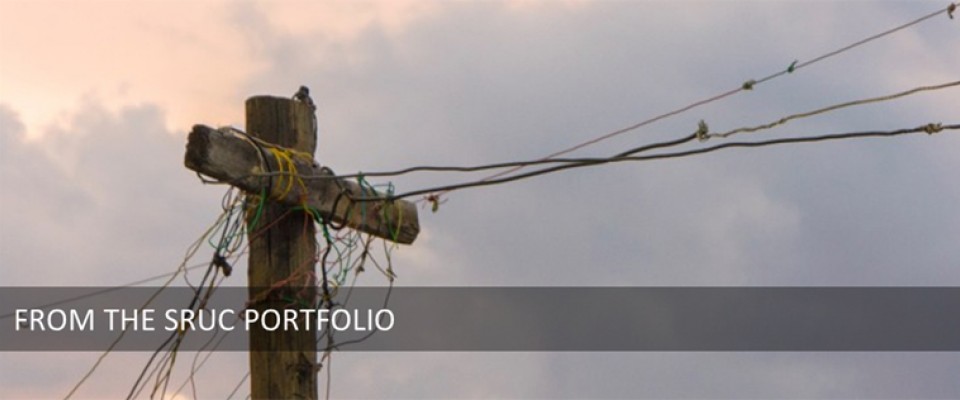
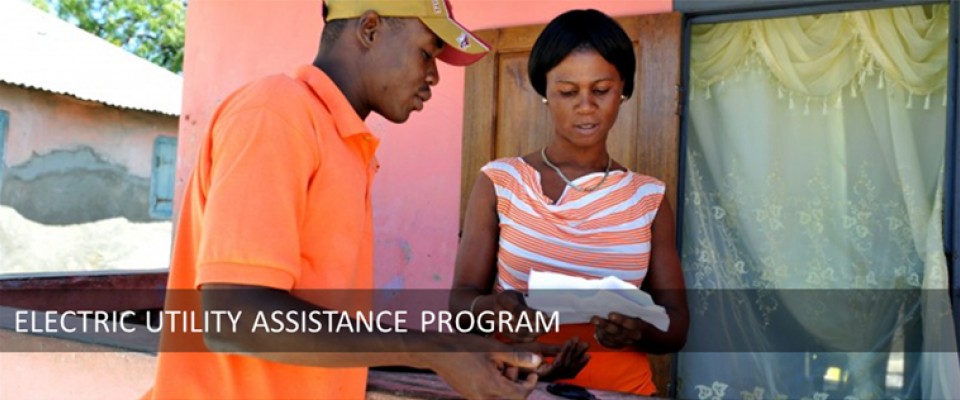
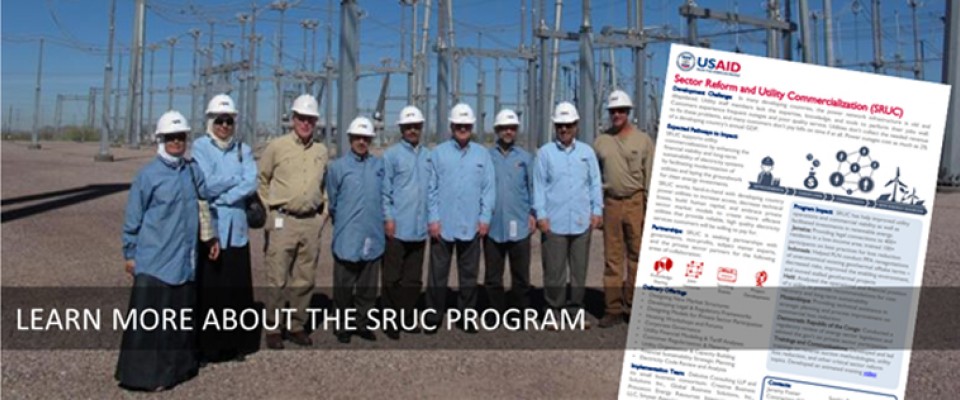
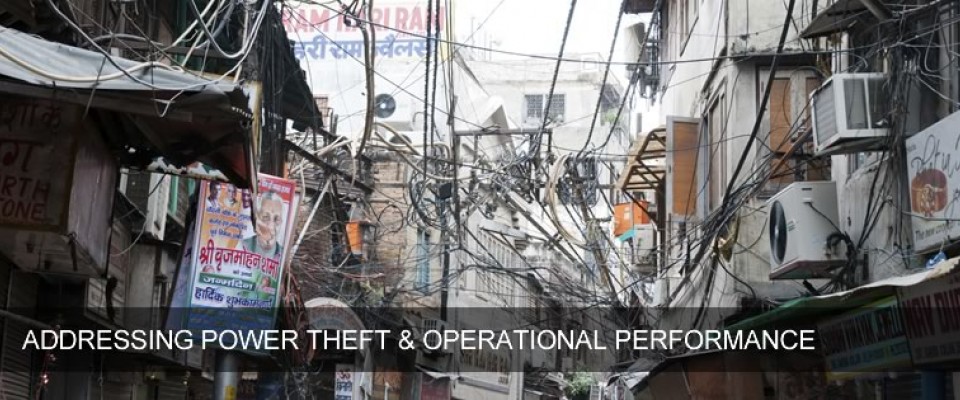


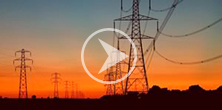

Comment
Make a general inquiry or suggest an improvement.